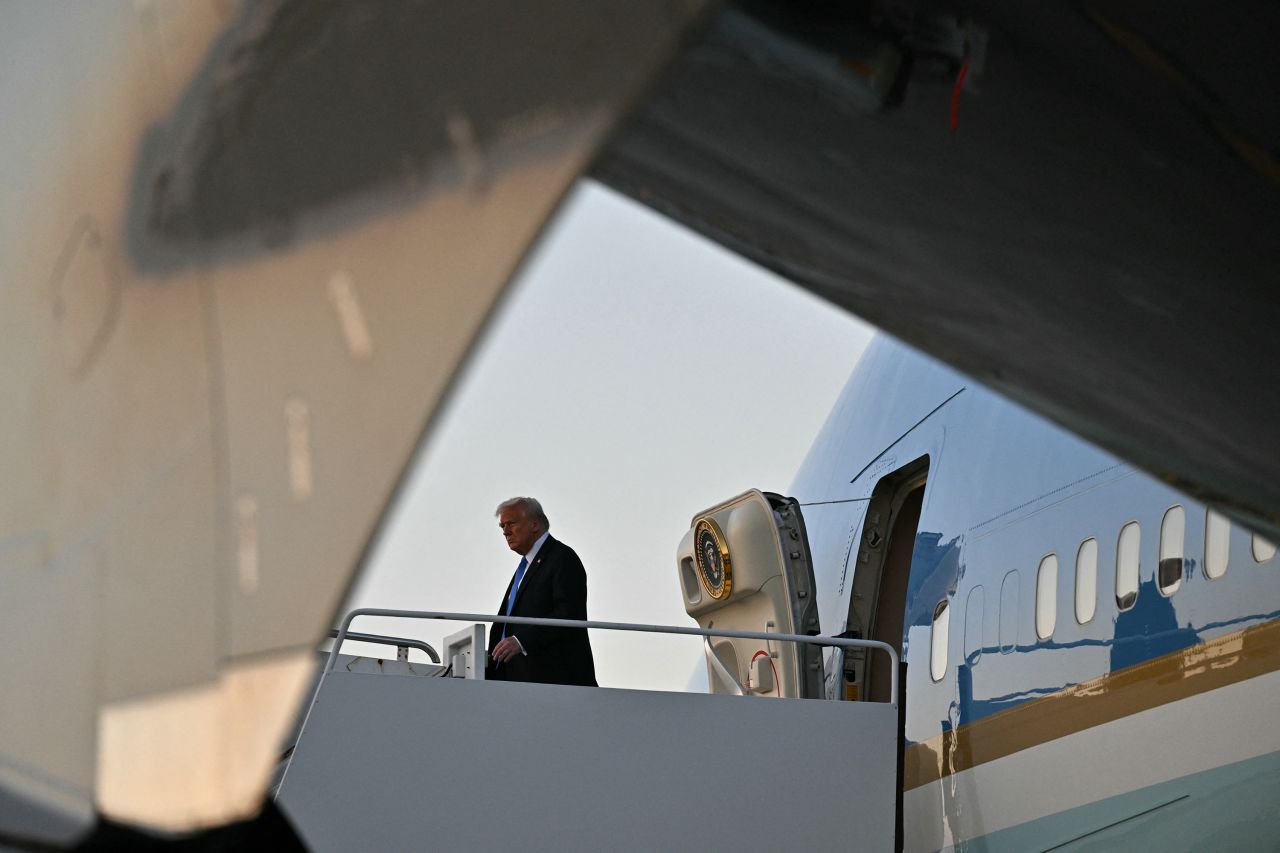What we covered here
• Trump’s overhaul: President Donald Trump has advanced his sweeping effort to shrink and reshape the federal government this week, though he faced at least a temporary setback Friday when a federal judge halted plans to put more than 2,000 employees at the US Agency for International Development on administrative leave.
• Musk’s expanding purview: Trump said Friday that he’s directed Elon Musk and his Department of Government Efficiency to review “just about everything” in the federal government, including the Pentagon and education spending. In a pair of rulings, one federal judge blocked DOGE’s access to a key Treasury Department payment system, while another said he wouldn’t limit the group’s access to Labor Department data for now.
• Immigration crackdown: Federal agents are preparing a major immigration enforcement effort in Los Angeles this month, a source tells CNN, after similar surges in cities including Chicago and New York. As Trump follows through on his vow for mass deportations, educators say they’re grappling with fear from their students and parents.
























